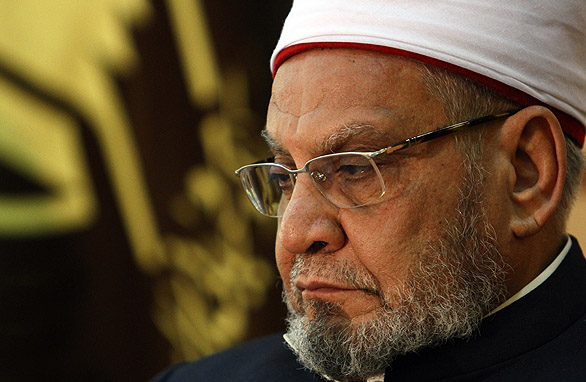
RNA – Shaykh Dr. Ahmad Mahmoud Karimah, the director of the Department of Contemporary Islamic Jurisprudence at Egypt’s famous al-Azhar University said that the differences between Shi’as and Salafis are well-known by all and what is not well-known by many is that dwelling on these differences only helps fulfill the interests of the Zionist regime.
Besides meeting with various Shi’ite sources of emulation and scholars while in the Shi’a holy city of Qom, the moderate Sunni scholar visited Sunni scholars in Kurdistan last year and learned about the jurisprudence of the Ahlul-Bayt (A).
He explained that proximately between the Islamic sects as one of the necessary tools to provide a new interpretation and understanding of religion.
The renowned Sunni scholar slamed the recent terrorist attacks against Shi’a mosques in Saudi Arabia and Kuwait, as well as the conflict in Yemen, saying that the problems in the world today prove to us that it is time for us to fulfill our duties to bring the various religions and Islamic sects closer together so that the Americans, Zionists and their agents who want to sow discord among Muslims cannot realize their goals and interests.
Shaykh Karimah also referred to the abuse and defamation from Salafis toward Shi’a and their scholars and also pointed to tensions between the two groups, saying these conflicts are all created to pave the way for the realization of the goals and interests of the Zionist regime.
His Eminence explained that presently, the religious scholars at al-Azhar University often perform their duties as employees and do not give importance to their religious mission as clerics and religious scholars. “Meanwhile, religious scholars of the past constantly tried to increase their religious knowledge and spent weeks trying to locate a hadith (narration),” he said.
111/112